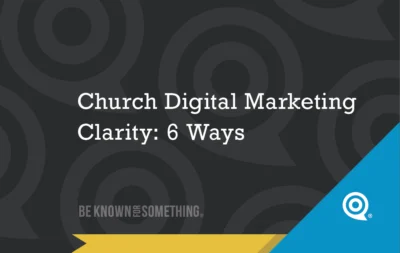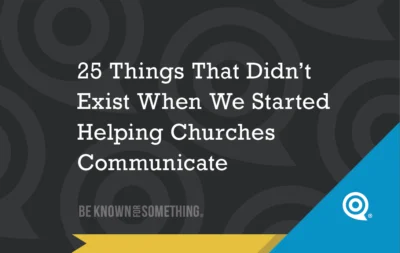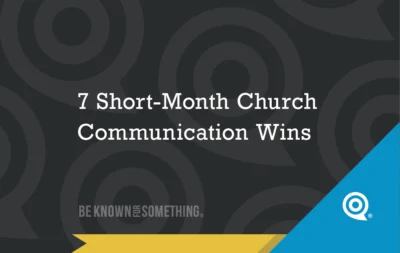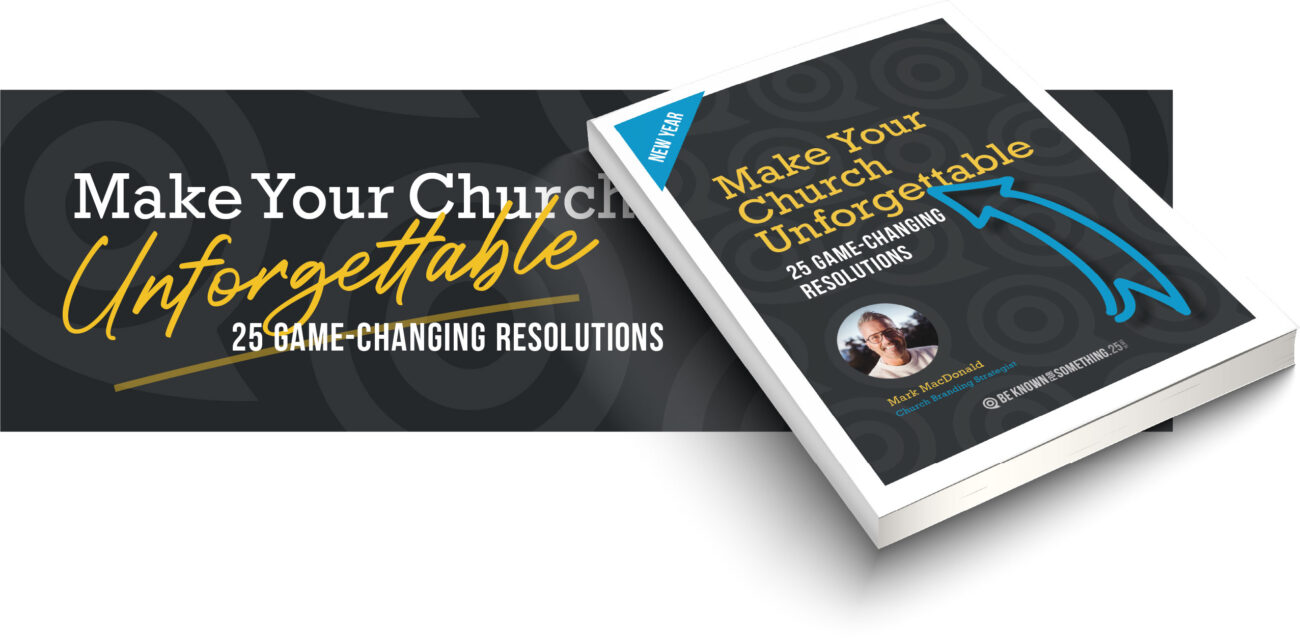Commandment 1 – Thou Shalt Love Your Content
We always hear that people don’t like the shows on TV. It seems like a common complaint. But yet there are more shows and more channels than ever. Millions of dollars go into the development of shows. They test who the channel’s demographic is and what that age segment wants to watch. They choose TV stars that appeal to the demographic, select music beds that will be liked, and then they test the show. And test some more.
One time when I was in California, I was chosen to sit in a focus test for a new TV show. We sat and watched one episode. We sat in a room with no walls and a very large screen. Each of us had hand-held triggers that we pressed a button when we liked something. And pressed another button if we didn’t like something. They took all this information, and by the time the show aired (about 2 months later), they had changed one of the characters and it seemed funnier. Fortunately it was a comedy. But it only aired one show and was canceled.
There are a lot of websites (a lot more than TV shows) — 4,685,199,774 according to one website — and they all think that they should have a great audience. Tons of hits. But many individuals “cancel” the website within a few seconds upon arriving at the URL. And only a few become a favorite. In fact 5 websites (myspace, yahoo, msn, ebay and google) result in 30% of web traffic). It’s tough to attract and keep an audience. Why? Why does the same thing happen to TV shows?
It all comes down to content.
We all go to certain TV shows for entertainment and information (more for the first then the last). When we go to websites, we go for entertainment sometimes, but mainly information. The great thing about this is that people are more fickle about entertainment, and fortunately, we as churches, offer information. Lots of crucial information.
But, alas, the church often lets the surfer down. We have to make sure that EVERY page has content on it. Ditch the splash pages, and any other page that is eye-candy. Think, “What would someone who arrived at my site, want on this page?” and then give it to them as simply as possible.
So, go ahead… go to your website and start checking your pages. Do you have relevant content on every page? Is it simple to scan and obtain the information? Do you get to the content quickly without having to wait for ANYTHING to load?
It’s been said that “If you throw mud on a canvas and frame it nicely, you still end up with a picture of mud”. Don’t let your website be a nice picture of useless content. People won’t stay on the site long, and probably won’t return.
Not sure what content you should have? Start by making sure that you know who you want to attract, then ask them! Get a sampling together and offer them some choices. Much like I was asked what I liked and didn’t like.
Another way is through analytics. That’s the fancy word for all the statistics that you should have access to. Check to see what pages most people are going to and how long they are staying. This tells you what your current audience is liking. If a page isn’t getting hits, ask why? If there’s relevant information on the page, perhaps it’s a navigation issue. But I’ll leave that to another Commandment later on.
Oh, and make sure you’re spell checking and grammar checking — it’s the fastest way to say your information is important. And your content is… right!?!
Want 25 Game-Changing Resolutions?
Related Posts

Church Digital Marketing Clarity: 6 Ways
Church digital marketing has become unavoidable. Churches everywhere feel the pressure to show up online. However, many pastors and leaders

25 Things That Didn’t Exist When We Started Helping Churches Communicate
Back in 2001, we launched Be Known for Something from the old Krispy Kreme test-kitchen and marketing offices in Winston-Salem,

7 Short-Month Church Communication Wins
February is the shortest month of the year, which makes it perfect for simple church communication improvements that don’t require

